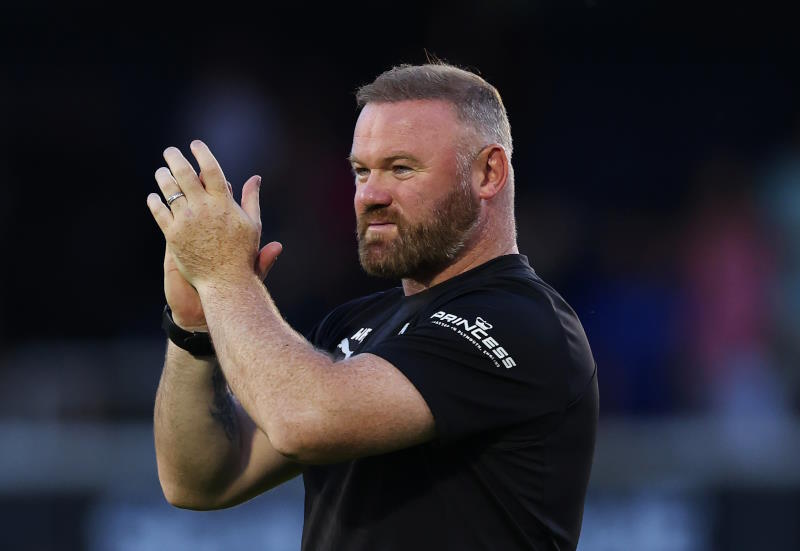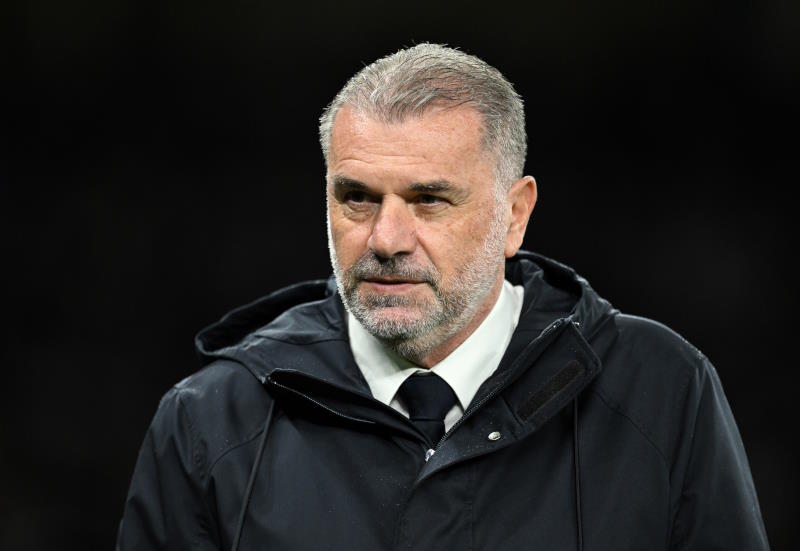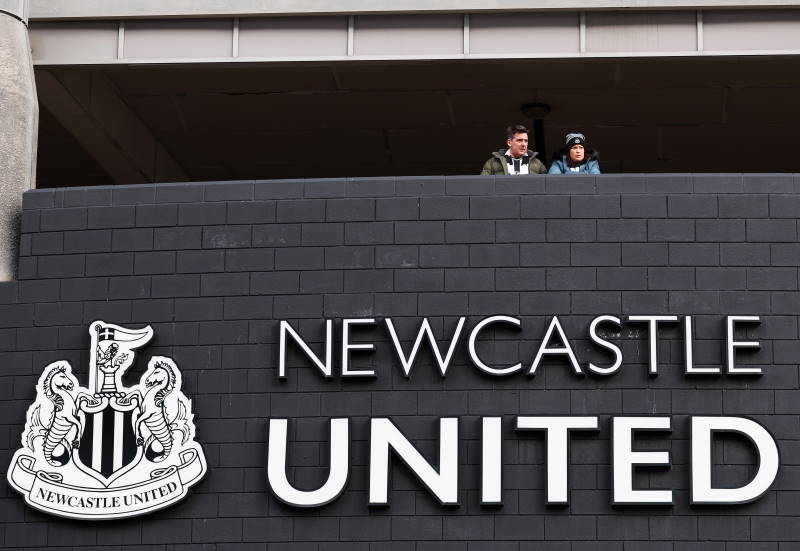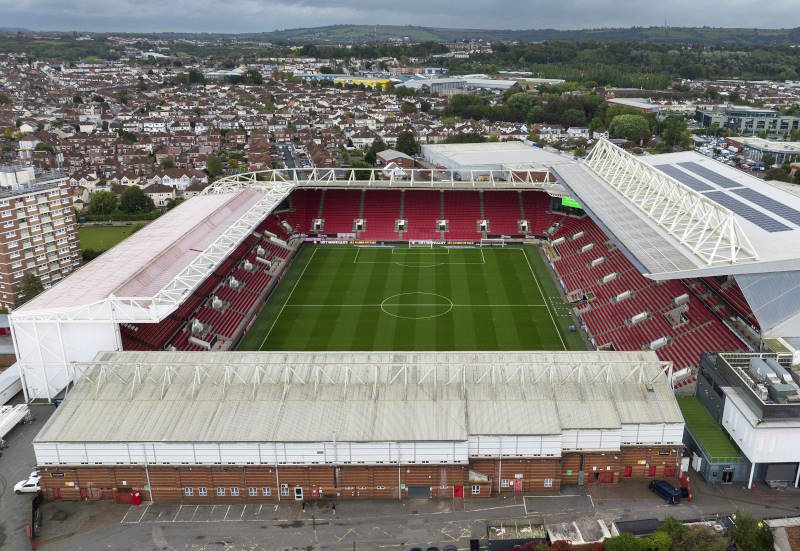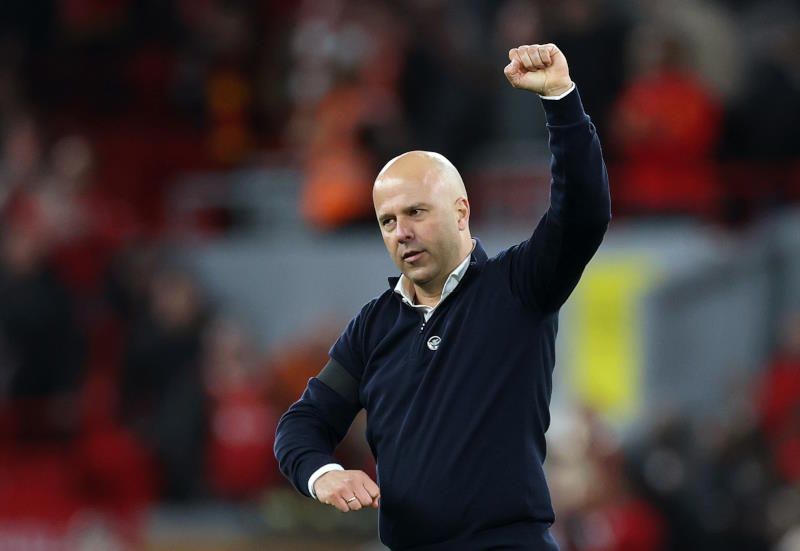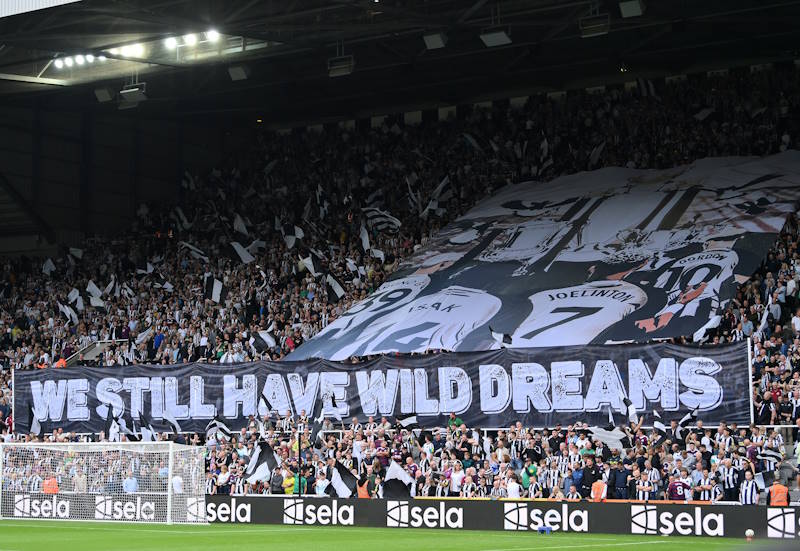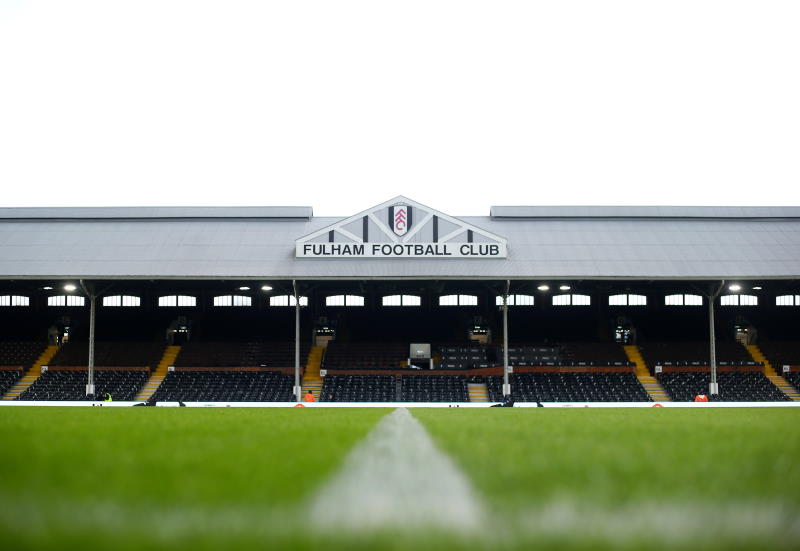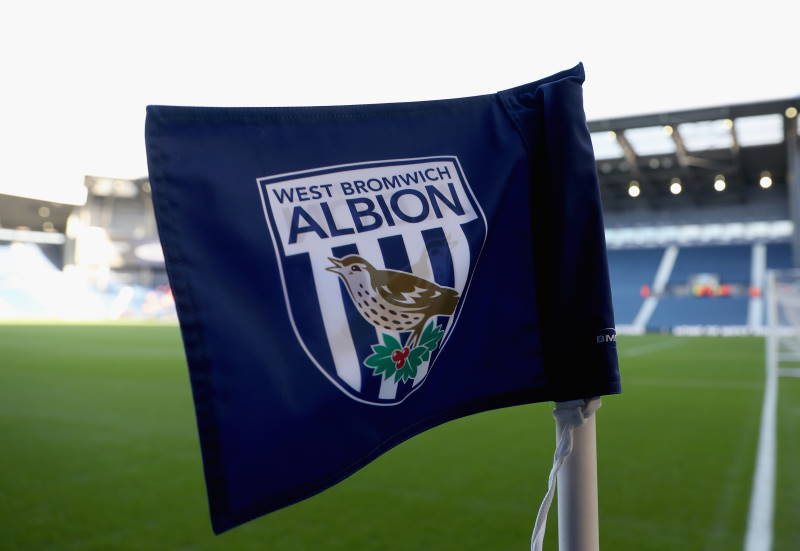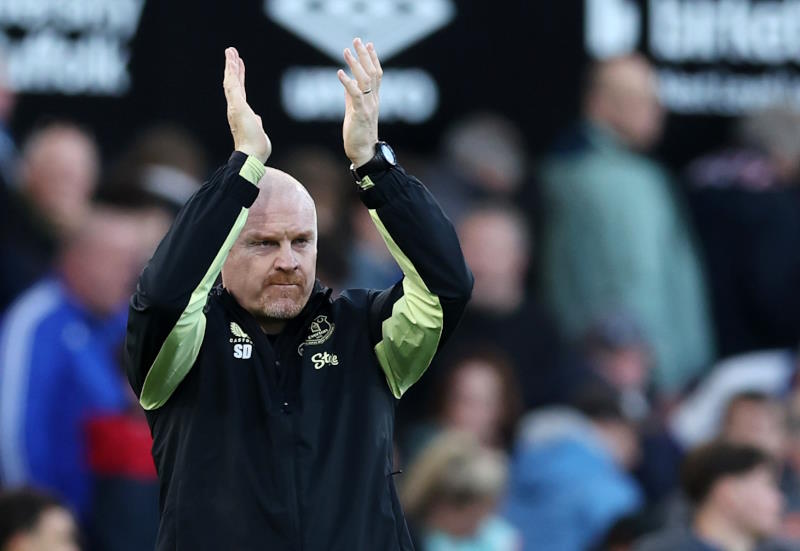
Artem Chobanian
The Russian Premier League, has it really become a “premier” championship in recent years? Many would say yes, and particularly from the beginning of the century Russian clubs have improved vastly and shown excellent performances. Clubs from the country are becoming better known throughout Europe, chiefly through CSKA Moscow and Zenit St.Petersburg’s successes in the UEFA Cup. The national side have also excelled themselves, and, led by Guus Hiddink, are now a strong and dangerous power in Europe.
People born in the former USSR and currently living in post-Soviet countries know what big ambitions are cooking in Russia and Ukraine -two footballing countries who look willing and capable of opposing the western European giants in the Champions League and UEFA Cup.
The last season in the Russian Premier League showed there were, and still are, in spite of the economic crisis, new clubs that can challenge the traditional giants like CSKA, Zenit, Spartak, Dynamo and Lokomotiv. Clubs that are threatening the established order include last season’s champions Rubin Kazan and Amkar Perm.
Amkar didn’t have enough squad depth last year to rival their competitiors for the title, but they still managed to finish fourth, losing third only in the last two games of the season.
Champions Rubin were playing some beautiful football during the whole season and none of the Russian media had predicted the club would rocket up the table to hold first place for almost half of the season. Kurban Berdyev, Rubin’s head coach, managed to create a unique group of footballers where there were no famous players or even one star. Their magical performance proved they deserved to lift the Premier League.
Just before the 2009 Russian season gets underway, two major rivals for the title – CSKA and Rubin – played for the Supercup. It was an entertaining game and ended with a 2:1 victory for CSKA in extra-time.
This season there are two new teams from the Russian First Division – Rostov FC from Rostov-on-Don and Kuban from Krasnodar. Whether they will bring some new blood into the championship or will be relegated back to the First Division nobody knows. But they, like everyone else, feel they are as ready as they can be for the challenge ahead.
 Lokomotiv Moscow
Lokomotiv Moscow
The most unfortunate team in modern Russian football history. Lokomotiv have always fought for the title, but have never been crowned champions. Last season was one to forget for Lokomotiv as the team started well but soon fell away, not really able to push for the title. This year coach Rashid Rahimov stated that his players are ready to end both the supremacy of their rivals and the bad luck that has pursued the team. Pre-season has gone well with wins over Roma (5-0), Bohemians (2-1), Lazio (3-1), and Rapid Bucharest (4-2). Unfortunately for the club there were precious few quality players arriving combined with real talent exiting, players like Malhaz Asatiani, Sergey Gurenko, and Alexei Polyakov.
 FK Moscow
FK Moscow
There is real debate surrounding the future of FK Moscow in the league. The club suffered last season through a lack of belief and a split dressing room with controversial former Ukraine coach Oleh Blohin not everyone’s cup of tea. As the end of the campaign arrived Moscow were happy to finish in mid-table. New coach Miodrag Bojovich has not promised anything and this is understandable with eight good players departing and only two replacements arriving. The club also suffered a huge blow with Moscow’s city council not continuing to provide financial support, even though the side belongs to the city. Expectations are low and many feel Moscow are at real risk of relegation.
 Zenit St Petersburg
Zenit St Petersburg
Undoubtedly one of the major candidates for the title. Dick Advocaat’s team are now well known through Europe and their stars have been in demand as shown with the recent move of Andrei Arshavin to Arsenal and the agreement to sell Anatoly Tymoschuk to Bayern Munich. The question is now if Zenit still will be the same side without these two key players. Many pundits doubt this, but Dick Advocaat doesn’t. The coach says his team are capable of performing without Arshavin and in summer they will sign an adequate replacement for Tymoschuk. The Ukrainian captain himself has promised to work extra hard to ensure Zenit are in a good position when he departs. Whether Zenit can cope with the loss of these stars will define their season, and they should cope as quality still runs through the side.
 Spartak Moscow
Spartak Moscow
“The people’s team”, as the club was called in the times of the USSR, have ceased to be the team for the Russian people after a series of horrible seasons and numerous defeats in the Champions League and UEFA Cup. Last year the club’s management decided the side needed to be renewed and to this end pulled off a major coup by bringing in Michael Laudrup as head coach. Laudrup was installed towards the end of the season and has had time to fully prepare for the 2009 campaign. The Danish boss has brought in some quality players: Rafael de Souza Pereira, or simply Rafael Carioca (Gremio), Denis Boyarinzev (Shinnik), Alex (International), and Renat Sabitov (Khimki). The new look Spartak look strong but many doubt whether they are ready for a proper title challenge. Fans call the club Psartak, which is a kind of pun meaning a person (or team in the case of Spartak) constantly making mistakes with their hands (or for Spartak feet). Spartak’s management know they face a real uphill battle if they are to gain the people’s approval again.
![]() CSKA Moscow
CSKA Moscow
Major contenders for the title in Russia and even this season’s UEFA Cup. CSKA were very strong last season, but a poor start to the campaign left them with too much to do and Rubin simply couldn’t be caught. Former coach Valery Gazzayev created a strong machine with an extreme desire to win every match, combined with absolute discipline to carry out his instructions. When Gazzayev left the club Brazilian coach Zico wisely decided to change very little. As Zico himself stated “I am not going to change anything in the team. I was so impressed by Gazzayev’s work here that it would be simply unreasonable to sell any player, because everyone at CSKA is unique, even the youngsters.” To this end CSKA have resisted approaches from western European clubs for their stars. In the UEFA Cup they have been impressive seeing off Aston Villa in their latest tie. On the signings front Zico only moved for players that were already on the club’s wish list: Tomas Necid (Slavia Prague) and Daniel Carvalho (recalled from a loan spell with Internacional).
![]() Krylja Sovetov
Krylja Sovetov
A team which is very popular in Russia for their fair play, lack of scandals, and simple hard working football without any sophistication. Last year’s results were quite unspectacular but consistency, especially in the second half of the season, led to a sixth place finish. No investment in the club this pre-season led to only four arrivals of squad players whose role is to refresh the substitutes bench. The presentation of the team before the start of the season was not pompous and coach Leonid Sluzky said the aims of the club were to once again finish in the top 10. The coach admitted that they may though have great difficulty realising this objective. Krylja Sovetov will find this campaign much harder than the last and a mid-table finish is on the cards.
 Saturn Ramenskoe
Saturn Ramenskoe
Another average team very similar to Krylja Sovetov. An 11th placed finish last season should not deceive anyone – the team were only six points from 17th. Saturn will find it very difficult to improve on last season’s showing as they sold four good players and bought only two average replacements from Terek Grozny and Khimki. The attitude of many to Saturn was summed up by one prominent journalist who commented: “sometimes it seems teams like Saturn, Khimki or FK Moscow play football just to say some 20 years later ‘Guys, you know, we were playing football in the Premier League’ and nothing more. It’s no wonder their stadiums are half empty and the results are tepid…”
![]() Khimki and Tom Tomsk
Khimki and Tom Tomsk![]()
The same words can be applied to two more clubs – Tom from Tomsk and Khimki from Moscow. Unfortunately for the Russian league the best clubs cannot compensate for the weakness and unprofessionalism of those at the bottom, such as Saturn, Khimki, Tom, and FK Moscow. These sides will most probably finish outside the top 10 no-one will be surprised if two of these clubs are relegated at the end of the season.
![]() Rubin Kazan
Rubin Kazan
The champions have suffered an important blow with two key players ending their careers over the winter – Savo Milosevic and Andrei Fedorov. Head coach Kurban Berdyev has had enough financial backing to replace them, but the most important factor for the coach is not to ruin the system he has built by bringing in stars. “Our players are all equal in the team and that’s the thing we value most here. We cannot afford to sign two or three at a time, and one star would be like adding a fifth wheel to a car”. Berdyev did not rule out further signings though: “The spring period will show if we can cope, and if not we still have time to buy in the summer”.
The main arrival for Rubin Kazan was Cesar Navas, a central midfielder bought from Racing Santander. Pundits in Russia doubt Rubin will fight for the title for a second consecutive season, not really because they lack the talent to do so, but because the Kazan club are set on making an impression in the Champions League even if this comes at the expense of their league form.
Berdyev however ignores this talk and the coach is sure Rubin can sustain challenges in both tournaments: “We have half the season before the Champions League begins, so it’s too early to talk about a possible strategy for the whole year. We will fight first for the Russian title, because it is necessary to become a strong team at home before chasing recognition in Europe”.
 Rostov FC
Rostov FC
The winners of the First Division claim to be another “people’s team”. Rostov have maintained an average squad level with no headline grabbing names, and coach Oleh Dolmatov has complained about his lack of strength in depth and money. Even so, Dolmatov is sure they must feel their way into the new season first, assess their progress, and then think about new signings. The only arrival of note is Veniamin Mandrykin who arrives on loan from CSKA Moscow. Rostov remain a popular club throughout Russia, partly through their charity activities, and will have much neutral support in their bid to avoid relegation.
 Amkar Perm
Amkar Perm
After their superb performance last season the feeling is that Amkar haven’t strengthened the side enough to repeat the trick in this campaign. Coach Dimitar Dimitrov did though manage to bring in a number of his targets, such as Valery Abramidze and Alexei Pomerko, two solid professionals. The Siberian club will target the title once again this time around and the suggestion is that UEFA Cup involvement will take a back seat. Establishing themselves amongst the top four or five clubs in the Premier League remains the overriding priority for Amkar.
![]() Spartak Nalchik
Spartak Nalchik
Spartak Nalchik have gained a reputation for being an unlucky side. Plagued by injuries to key players, leading in games but then losing, and problems with the club’s administration have all been but some of the troubles of the team. Last season Nalchik finished in a respectable 12th place but deserved more. Coach Yury Krasnozhan is determined that this year should result in a top 10 finish, a tough task. The two major arrivals were both in attack- Roman Konzedalov and Dimitry Homich. Whether Spartak Nalchik will reach the upper half of the table is uncertain, but they should certainly stay clear of relegation.
 Kuban Krasnodar
Kuban Krasnodar
The other new arrival from the First Division, Kuban Krasnodar, are well known for their persistence and determination. The region the club hails from is famous for its Cossack origins and the warrior spirit is a key component in their success. Kuban have brought in a lot of players who should be Premier League standard. Arrivals include Andrey Ushenin (Shinnik), Sani Kaita (Monaco), Draman Traore (Lokomotiv Moscow), and William Boaventura (Metalurg Donetsk).
Pundits and fans alike don’t really know which Kuban will turn up, simply because their coach this season is Sergi Ovchinnikov, a former Lokomotiv Moscow goalkeeper. Ovchinnikov is renowed for advocating a slow patient build up, completely at odds with Kuban’s traditional spirit. How Kuban will play is therefore going to be watched with great interest.
 Terek Grozny
Terek Grozny
Terek are a team much loved and respected in all of Russia. From the war torn region of Chechnya, Terek were a major factor in bringing about a sense of normality in the province. In the transfer market Terek brought in four players of which only two are of real note. These are Andrei Kobenko (Rubin Kazan) and Arturo (Steaua Bucharest). The club’s objective this season will simply be a top 10 finish and to stay well clear of the relegation battle.
![]() Dynamo Moscow
Dynamo Moscow
At the end of last season Dynamo Moscow made a breakthrough in the last four games and stole ahead of Amkar Perm to finish third. According to coach Andrei Kobelev, Dynamo did not need to bring in any new blood, but even so, having sold seven players they have had a to make a few signings although none would be considered automatic first team material.
The club and the supporters cannot wait for the UEFA Cup to begin again as it will herald a long awaited return to European football for Dynamo. The Moscow side do have some financial problems, which accounts for their failure to make any big signings, but these are not serious. New blood may arrive in time for the UEFA Cup campaign but for now the team are going with what they have for the Premier League.
Last season both Rubin Kazan and Amkar Perm surprised everyone with their superb performances throughout the year, and this year is full of the expectation that similar surprises will unfold. The Russian Premier League is improving year by year and the 2009 campaign promises to be the best yet.

